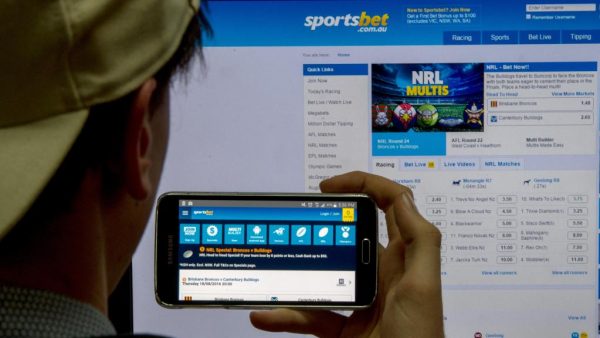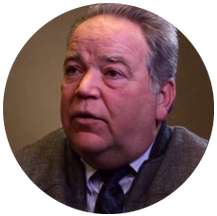Most people see the stereotypical “gambling addict” as a middle-aged (or older) woman or man relentlessly feeding coins into a casino slot machine for hours on end, day after day, ignoring their spouse, losing their job and blowing their retirement savings.
But today about one in eight of the eight million compulsive gamblers in the U.S. are teenagers. And several gambling experts believe this group represents the fastest-growing segment of people hooked on betting.
Many of the triggers that incite out-of-control gambling in adults have the same effect on teens, such as the “rush” of the game, the false belief that “the big one” will happen any second and the insanity of continuing to wager even when losing big.
But teens face some unique risk factors too. They:
…spend a lot of time alone or online. Many live in virtual worlds playing games or talking with friends so solitary activities seem normal.
…have more free time and are more easily bored. School or work isn’t as time-intensive or as demanding as adult careers and family obligations.
…lack the experience and maturity to fully understand how to handle money responsibly. Just as is true with other high-risk behaviors, their brains have not matured completely. They don’t completely comprehend what consequences may flow from their behavior and choices – making them even more vulnerable to addiction disorders.
In most states, teenagers cannot bet in casinos or buy lottery tickets. They can, however, find endless online gambling options that may not be as thorough at enforcing age restrictions.
In addition, many mobile games contain “loot boxes” where players pay for a chance to win items they can use in the game or to get to another level of the game. They may or may not win, but they can keep paying and keep playing for more chances to win. Problem gambling experts see these loot boxes as similar to slot machines aimed at a younger audience.
The publication Tech Addiction lists several other risk factors that can lead to excessive online gambling. Watch for any or all of these in teenagers you may know:
- Private, unlimited access to the internet (i.e., in a bedroom)
- Immediate family members who gamble
- Starting to gamble at an early age
- Frequent use of “free-to-play” areas on gambling websites
- Boredom / loneliness
- Impulsivity
Also, realize that college can be a hotbed of online sports betting activity and yet another place where young adults fall prey to gambling addiction. Recently, we at Maryhaven received a call from a man who was at his wit’s end. He had sent his son off to his freshman year at college with access to a credit card but with very explicit instructions. “I made it very clear he was only to use the card in emergencies,” he said. “Such as when his car broke down or some other crisis.” But by Christmas, the son had racked up more than $10,000 in debt on the card. He had lost the money on gambling websites.
No one ever thought this young student would develop a gambling problem. He earned excellent grades in high school, played on a few sports teams, and had never gotten into any trouble. Now his newly dug financial hole threatened his future and caused hardship for his family. His dad wanted help.
We worked with the family for a year. The son no longer visits gambling websites, nor does he join “innocent” poker games with his friends. Together the family is resolving the debt he incurred. Clearly, this young man’s greatest asset and best hope for the future is his caring family.
Maryhaven’s One More Chance effort helps pathological gamblers take control. Our website includes a gambling self-help test and outlines the services available from our team of experts, including free help for families thanks to the Alcohol, Drug and Mental Health Board of Franklin County.
If you think you or someone you love might have a gambling problem, call us at 614-324-5425 or schedule an appointment online today.

